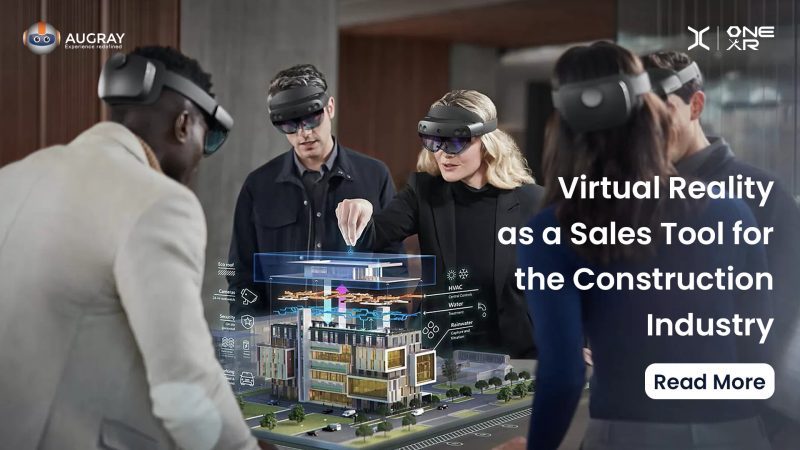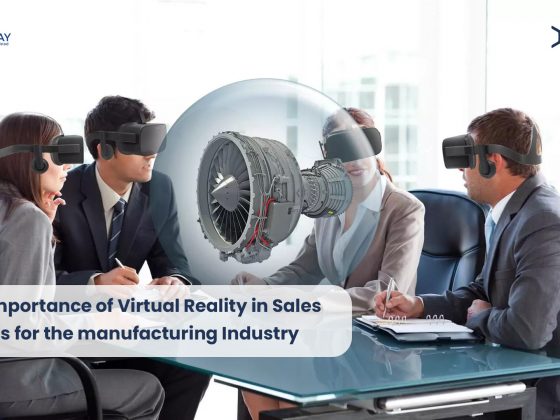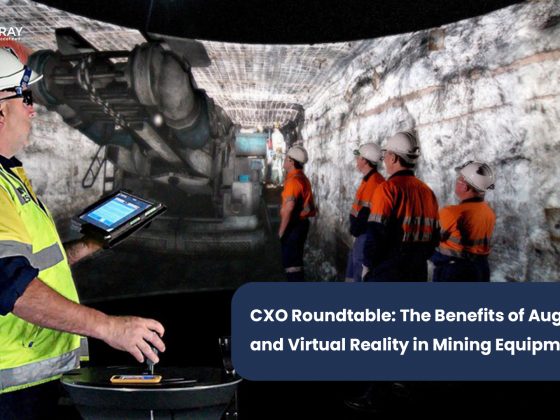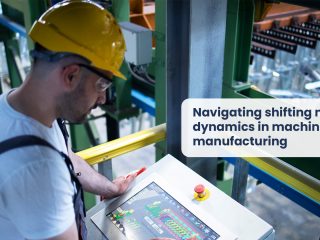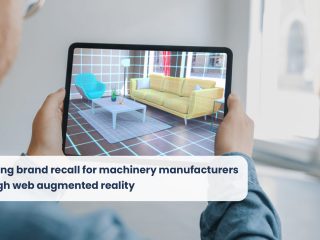Introduction:
Virtual Reality (VR) has revolutionized the way construction companies engage with clients and showcase their projects. By leveraging VR technology, the construction industry can transform the sales process, providing immersive experiences that bring projects to life.
In this article, we will explore the profound impact of VR on the construction industry, from immersive visualizations to interactive equipment demonstrations, and its ability to enhance customer engagement.
Unleashing Imagination:
Virtual Reality allows construction companies to unlock the power of imagination by creating captivating visualizations of their projects. Clients can step into a virtual world where they can explore every aspect of the construction project, from the interior layouts to the exterior finishes.
This immersive experience provides clients with a clear vision of the final product, even before construction begins.
Equipment Showcase:
Virtual Reality not only enables visualizations but also provides a unique platform for equipment showcase. Construction equipment manufacturers can now utilize VR to offer clients an immersive experience of operating their machinery.
Clients wear VR headsets and find themselves in a virtual construction site, where they can interact with and operate virtual replicas of excavators, bulldozers, and cranes.
This hands-on experience allows clients to test different functionalities, simulate complex maneuvers, and gain a deep understanding of the equipment’s capabilities, all within the virtual environment.
This interactive equipment showcase in VR enables clients to make more informed purchasing decisions and increases their confidence in the manufacturer’s offerings.
Borderless Sales Presentations:
With VR, sales presentations in the construction industry transcend geographical boundaries. Construction companies can create virtual showrooms accessible from anywhere in the world, providing clients with the ability to virtually visit construction sites and examine details as if they were physically present.
Enhanced Safety Training:
Safety is a paramount concern in the construction industry, and VR offers a safe and effective platform for training. Workers can undergo immersive safety simulations, where they can identify and address potential hazards in a risk-free environment. VR training enhances safety awareness, reduces accidents, and prepares workers to effectively handle real-life challenges.
Conclusion:
Virtual Reality has transformed the sales process in the construction industry, providing unprecedented opportunities for customer engagement. From immersive visualizations that spark imagination to interactive equipment demonstrations and borderless sales presentations, VR has become an essential tool for construction companies.
By embracing VR technology, construction companies can enhance customer experiences, foster stronger relationships, and gain a competitive edge in the dynamic world of construction.
The ability to showcase equipment through VR not only helps clients gain a deeper understanding of the machinery but also empowers them to make informed decisions, ultimately driving success for both construction companies and equipment manufacturers.
